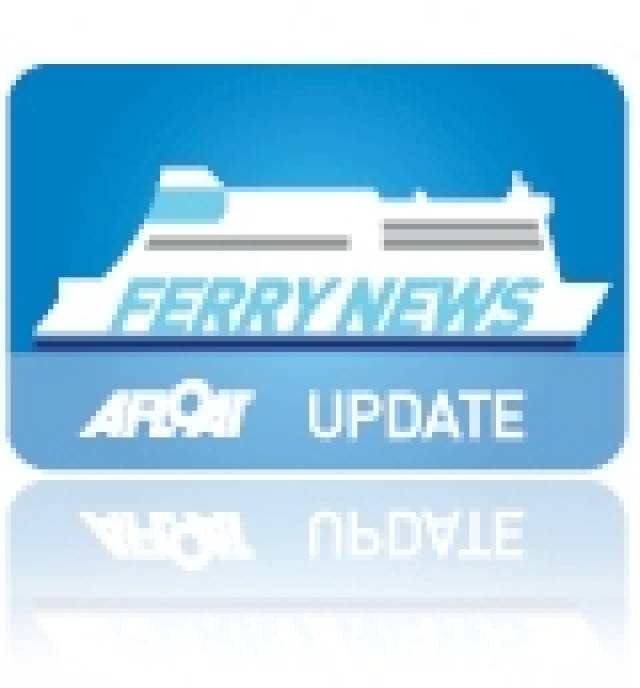#StenaBuyCeltic- Stena Line has acquired the Irish-owned Celtic Link Ferries service which operates the Rosslare-Cherbourg route.
Celtic Link currently provides a three times weekly service between Ireland and France with the MV Celtic Horizon, which can accommodate 1 000 passengers, 200 cars and 120 freight units.
Ian Davies, Stena Line's Route Manager (Irish Sea South) said: "The acquisition of the Rosslare-Cherbourg route is a key strategic investment for Stena Line and one which will help stimulate and strengthen new and existing opportunities for trade and tourism between Ireland, France and beyond. With confidence in the Irish economy strengthening, we see positive long term growth in tourist and freight traffic from the Continent as a real opportunity to help strengthen this economic growth further. The Celtic Horizon will continue to operate a year- round service and we look forward to introducing the Stena Line experience to the vessel for our customers to enjoy."
Michael McGrath, Stena Line's Chief Operating Officer commented: "This exciting investment represents an important milestone for Stena Line as for the first time in our history we will be able to offer a direct ferry link between the Republic of Ireland and the Continent. We believe we can bring significant added value to the route with our wealth of industry experience and award winning customer service standards which we are confident will help to stimulate increased traffic volumes in the future."
The all year round service currently operates three weekly sailings from Rosslare at 21.30 on Tuesday and Thursday with a Saturday sailing at 16.00. From Cherbourg the schedule is 21.00 on Wednesday and Friday with a Sunday sailing at 16.00 with a journey time of approx 17 hrs.
Final details are currently being concluded around the acquisition and Stena Line hopes to be in a position to take over the running of the service with effect from Monday 31st March 2014.































































